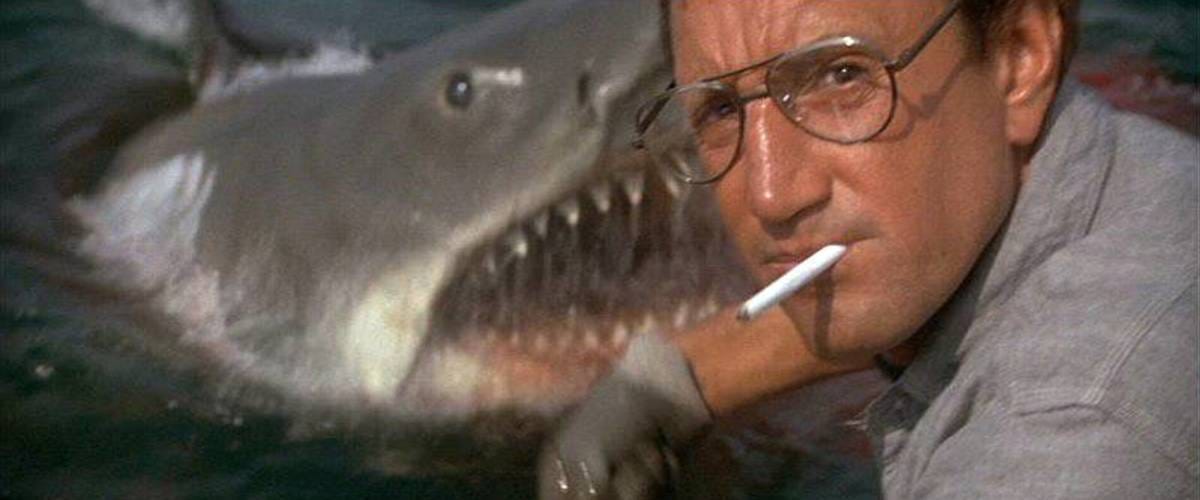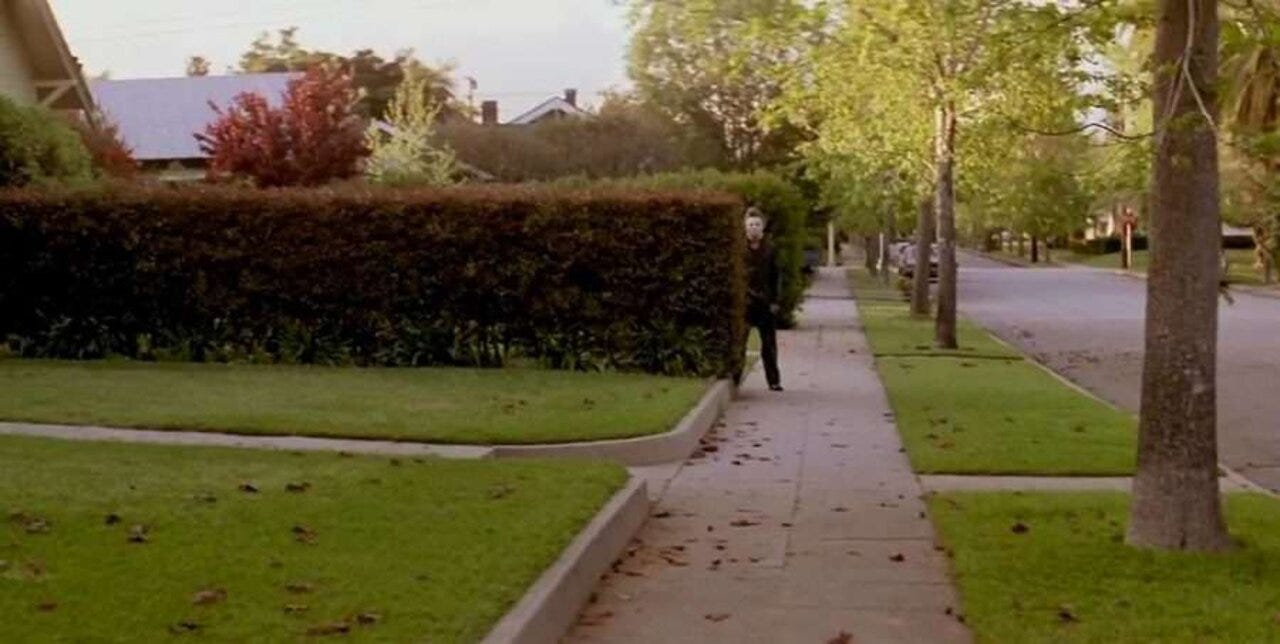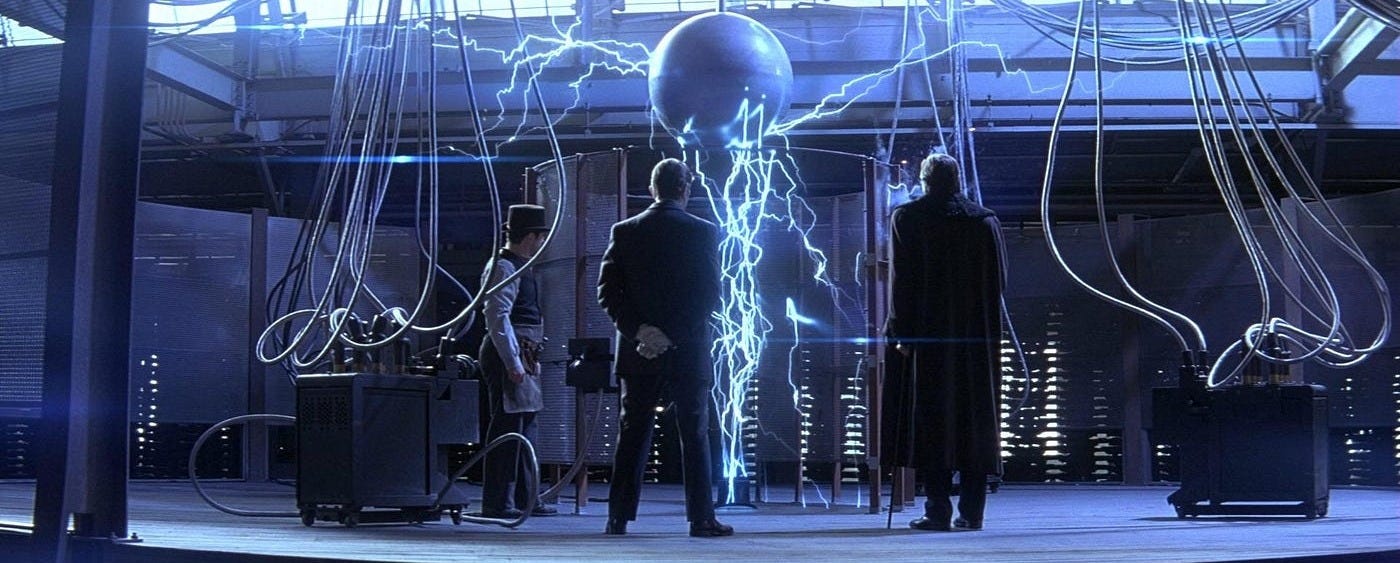In Defense of the Movie Reveal: Why Less is More
Many modern movies have lost the art of suspense, spoon-feeding audiences information. But the best reveals have always made for some of the best movies.
One of my all-time favorite movies is Jaws. It made me a film fanatic, had me obsessed with sharks as a kid, and genuinely changed my life. This whole blog and all of my content doesn’t exist without Jaws. But one of the most fascinating things about that movie? You don’t actually see the shark until more than halfway through the movie. That wasn’t the plan. Steven Spielberg famously had to work around the mechanical shark’s constant failures, but in the end, that happy accident became one of the film’s greatest strengths.
The tension builds and builds, the stakes rise, and when we finally get that iconic reveal with Chief Brody chumming the waters as the shark pops up behind him, it’s one of the most unforgettable moments in cinema history. We all see that moment and hear Brody mutter “You’re gonna need a bigger boat” - its simply iconic.
The same principle applies to my all-time favorite horror movie, Halloween. John Carpenter’s 1978 masterpiece keeps Michael Myers in the shadows or far away from the camera for most of the film. We only get brief glimpses of "The Shape,” a figure lurking behind a bush, standing motionless, obscured by a clothesline, or slowly driving by in that signature station wagon. It isn’t until the final third of the film that we fully see the masked killer in action, and that delayed reveal makes him even scarier. If Halloween were made today, would filmmakers have the patience to hold back? Or would Myers be front and center in the first five minutes? Even worse, would the marketing give everything away before we even stepped into the theater?
That’s one of my biggest frustrations with many modern movies and their promotion. Instant gratification has replaced suspense, and movies feel “dumbed down”. Studios seem terrified that audiences won’t show up unless they know exactly what they’re getting, so the trailers lay out the entire plot, social media marketing spoils major twists, and online “scoopers” constantly leak materials. And to be fair, it isn’t just the studios - they are simply reacting to what they are seeing and hearing, because the audiences themselves have become complicit in this shift. There are popular social media trends where people literally ask creators to spoil movies for them. I have had people ask me, saying they don’t want to watch something until I spoil it or explain it for them. When did this become a good thing? Why is knowing everything more appealing than experiencing the thrill of discovery?
Thankfully, some filmmakers still understand the power of a reveal. Oz Perkin’s Longlegs did this brilliantly. Nicolas Cage’s character was famously kept completely hidden in marketing, making his on-screen reveal that much more chilling. The trailers were cryptic and mysterious, and the box office results were huge. However, audiences were divided, and many poor reviews mentioned “not getting it”. Sadly, Perkins’ next film, The Monkey, took an opposite approach, which I did not enjoy nearly as much.
Ari Aster’s Hereditary went as far as having A24 mislead audiences with its trailers, keeping its biggest shocks under wraps until the film delivered them with devastating impact. I’ll never forget the silence in my theater when the movie dropped that first reveal. It was one of the most unnerving theatrical experiences I’ve ever had, because at that point, we all knew that we had no idea what to expect.
But those moments are becoming rare. Audiences today seem to crave spoilers and leaks, with millions of interactions on social media every time a new tidbit of information hits the Internet. Spider-Man: No Way Home is a perfect example. I was there on opening night at the theater. It was a blast. But Imagine how much better that movie would have been if Tobey Maguire and Andrew Garfield’s appearances had been kept secret. Instead, the leaks (which the conspiracy theorist in me is convinced was a studio-driven marketing tactic) took the surprise away.
Filmmakers like Christopher Nolan still push back against this trend, crafting stories that demand patience and engagement. From The Prestige, to Interstellar to Tenet, Nolan will make you truly decipher his films. Of course this leads to some middling reviews or complaints online about being too confusing, or not making sense. Maybe they are too confusing. Maybe they don’t always make perfect sense. But at least they try something different. They build mystery, they drop clues, they make you work for the payoff. They do huge numbers at the box office, so clearly there is still a want for this type of movie from audiences, but it feels lacking more often than not.
I really do miss that feeling. I don’t want my movies spoon-fed to me. I don’t need the dialogue to spell everything out. I want suspense, surprises, and the thrill of discovery. So to all the audiences out there, let things build. You don’t need the instant gratification. Sit back, relax, watch the movie, and let it shock you. Have your Chief Brody moment. And to filmmakers, trust your audience. Tease us, challenge us, make us wait. Keep taking risks, and don’t be afraid to hide a great reveal deeper in your film. Because when the payoff finally comes, it’s so much more rewarding!






I saw Spider-Man: No Way Home in theater without seeing trailers (which very, very rarely do anyway) and not having seen any of the leaks.
So the both of them showing up was a huge surprise for me, and apparently a lot of others in the viewing with me.
The response was awesome :)
👌🏼👌🏼👌🏼